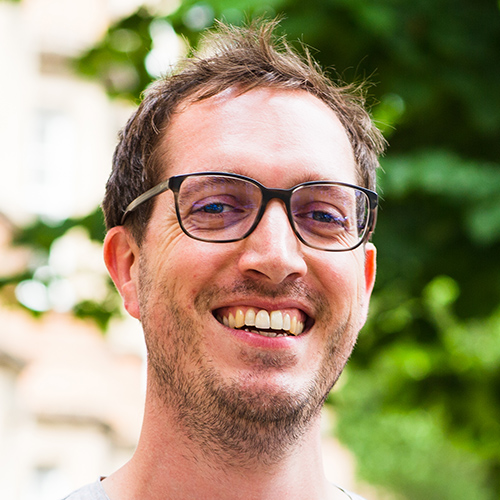Are you afraid of what the future holds? If so, you’re in good company — it seems that so are some of the brightest people in the world. We’re constantly fed ideas of an imminent dystopian reality, and little wonder — technology continues to advance at breakneck speed, and Artificial Intelligence, in particular, is begging the question: what happens when we’re no longer the most intelligent beings on the planet?
As real-life-Tony-Stark-nerd-turned-billionaire Elon Musk famously said, ’With AI we are summoning the demon’ [1], and the late Stephen Hawking was vocal about his fear that, ‘AI may replace humans altogether’ [2].
Google’s Director of Engineering, the celebrated futurist Ray Kurzweil, has predicted that we will reach the so-called ‘Singularity’ — a point of no return where technology becomes self-aware, self-teaching and no longer relies on humanity to exist — in 2045 [3]. That’s less than thirty years away. Whilst Kurzweil remains optimistic that technology advancement will always be for the betterment of humanity, it’s easy to question the implications of some of our greatest new advancements — will this self-aware technology see us as a threat to their existence?
But should we really fear technological progress? Isn’t this just how humans work — we see a problem, and our instinct is to make a solution: a tool, a device, a computer programme. Whether that’s making a pointy object that makes it easier to hunt, or creating algorithms to detect harmful cancerous cells in the body with MRI scans, our imagination and potential enable us to better the world we live in. In the Bible, God says of humanity and technology at the Tower of Babel, ‘…they are one people, and they have all one language, and this is only the beginning of what they will do. And nothing that they propose to do will now be impossible for them’ [4]. Yet he wasn’t celebrating that. He understood that unlimited ability with finite wisdom would lead us to create not only that which would heal us, but also that which would harm. Or as the great philosopher and biblical scholar Michael Crichton put it, in Jurassic Park, ‘Your scientists were so preoccupied with whether they could, they didn’t stop to think if they should.’
We’re on the verge of creating things that have the potential to fall outside our control entirely, as evidenced recently in the malfunctioning Amazon Echo devices which began laughing eerily [5]. Whilst it may be an innocuous occurrence, the fact that Amazon is ‘working on a fix’ does not inspire confidence.
In the Neill Blomkamp film Chappie, a programmer finds a way to create conscious software — a living robot. This robot (called Chappie) has to learn like a child does, initially calling the programmer ‘The Maker’. But soon, as Chappie’s intelligence begins to outstrip that of the programmer who made him, he advances beyond the set of guidelines provided by his maker: he is no longer under the control of ‘The Maker’, but has become an autonomous being, indeed becoming something like a god in comparison to the physical and mental limitations of his creator.
Are we becoming like Chappie’s maker — so consumed with the drive to advance that we forget to consider the consequences? (By the way, if you’re thinking that referring to sci-fi may seem a little far-fetched, only thirty years after Michael Crichton wrote Jurassic Park, mammoth ‘de-extinction’ efforts are now bearing fruit [6].)
So how can we walk towards this brave new world without being paralysed by anxiety about a dystopic future, living under cruel robot overlords who have wrested control from us, their makers?
It might help if we recognised that we’re not the ones in control of the world anyway. Whilst this lack of control may not seem like a positive thing initially, what if we have been created by something — someone — whose power far outstrips anything that even the cleverest man on the planet could ever create? And (spoiler alert) what if it turns out that not only does that someone sustain the universe, but also cares very much for each and every person he has made within it?
As a Christian I believe that the same God who spoke the universe into existence and ‘set the stars in place’ [7] is also our own maker, and cares for each one of us. And whilst we might attempt to imitate creation (indeed, I firmly believe we’re encouraged to be creative) surely nothing that people can create can ever really come close to the amazing, mind-boggling intricacy of the composition of the human body?
If you believe that there is someone far bigger, wiser, stronger and more intelligent than you who has power and authority over everything in the universe, and who loves you, you can trust him with your anxieties. They don’t necessarily go away — bad stuff still happens — but you’ve got someone to call on, lean on and support you in those bad times. And unlike Chappie’s maker, the intelligence and power of our maker can never be outdone.
Whilst in today’s society it might feel as though we’ve moved beyond a need for God, to let go, to surrender to the one who made us and knows us inside out, may indeed be the answer to our anxieties about the future.


